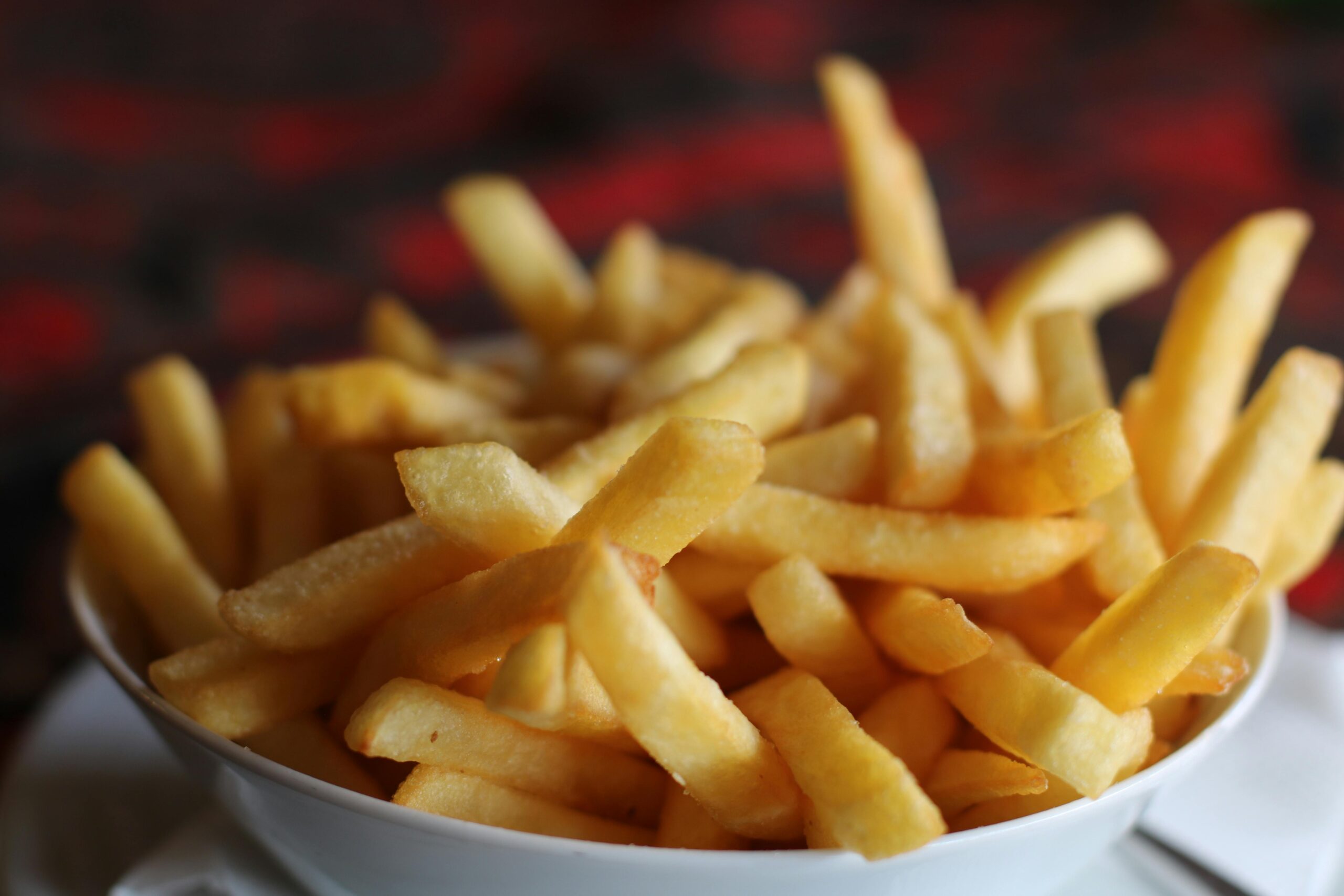Processed Food Dangers: Small Portions, Big Problems
Even a little ultra-processed food can raise your risk of diabetes, cancer, and heart disease. Here’s why experts say no amount is truly safe anymore.
Study snapshot
New global research links daily food to disease spikes
A massive new study from the Institute for Health Metrics and Evaluation at the University of Washington has found a disturbing trend: even small amounts of ultra-processed foods can quietly raise your risk of chronic diseases. The research, published in Nature Medicine, analyzed over 10 million data points and connected foods like processed meat and sugary drinks to type 2 diabetes, heart disease, and colorectal cancer. For example, just 50 grams of processed meat daily raises diabetes risk by 30%. With more than 64,000 diabetes cases across 1.1 million people examined, the findings are hard to ignore. These aren’t rare, foreign snacks—we’re talking about the chips, cold cuts, and fizzy drinks you find in almost every Indian supermarket.
Processed meat
Even tiny amounts of preserved meat increase health risk
Processed meats—like sausages, bacon, and salami—aren’t just guilty treats. This new data shows that just 50 grams daily (about one slice of ham or a few bites of kebab) can increase type 2 diabetes risk by 30%, heart disease by 15%, and colorectal cancer by 26%. That’s scary when you think about how common these foods are in Indian fast food menus. As per The Hindu, these meats contain chemicals like N-nitroso agents and heterocyclic amines that have been linked to tumors. In fact, nearly 300,000 deaths worldwide in 2021 were tied to processed meat consumption. It’s not just about quantity anymore—even a kebab roll here or a frankie there can quietly add to long-term health risks.
Sugary drinks
Soft drinks silently spike your diabetes risk daily
One 250 ml bottle of a sugar-sweetened drink—a cola or even a packed juice—is enough to increase your risk of type 2 diabetes by 20%. That’s just one Thums Up at lunch. According to Indian Express, over 39,505 diabetes cases were studied across 563,444 participants, showing a clear link between sugary drinks and rising diabetes numbers. And it’s not just about sugar levels; regular consumption also adds to heart disease risk—by 7% at just 250 ml daily. These drinks sneak into our lives during meals, celebrations, and even as energy boosters. But if you have one a day, you’re not “okay”—you’re on a slow track to trouble, and most people don’t even realize it.
🧠 Quick Fact Box
- 🍖 Processed Meat Risk: +30% diabetes risk at 50g/day
- 🥤 Sugary Drink Risk: +20% diabetes risk at 250g/day
- ❤️ Trans Fat Risk: +11% heart disease risk at just 1% energy
- 📊 Data Source: University of Washington, Nature Medicine (2024)
Trans fats
Invisible fats quietly damage your heart from inside
Trans fatty acids, once common in vanaspati ghee and fried street food, are still lurking in many baked snacks and processed items. These fats were made to give products a longer shelf life, but at a cost. A daily intake making up just 1% of your energy (around 2 grams) raises your heart disease risk by 11%. Six studies with 226,509 participants and 12,548 events prove this isn’t a theory—it’s fact. According to NDTV 24×7, WHO has called for a global ban on industrial trans fats. Even if you’ve switched to sunflower oil or olive oil at home, that packet of cream biscuit or street samosa might still be doing slow damage inside your arteries.
Risk scale
Low intake doesn’t mean low risk anymore, experts warn
Earlier, people thought having these foods “once in a while” was safe. But this research blows that idea apart. The most surprising part? Risk increases fastest at low habitual intake—even a single serving a day can start the damage. Whether it’s 0.6g or 57g of processed meat, or just one sweetened beverage a day, the body reacts. According to Times of India, this “dose-response” trend means small exposures add up quicker than we assumed. For example:
- 1 frankie = 50g processed meat
- 1 bottle of cola = 250g sugary drink
- 1 biscuit pack = potential hidden trans fats
All these can build lifelong health risks without showing signs early.
Disease burden
Chronic illnesses tied to these foods drain India’s health
India’s rising cases of diabetes and heart disease aren’t just about genetics or sedentary life. Food choices play a massive role. According to data reviewed by The Hindu, over 30,000 colorectal cancer cases and 31,000 heart disease events were tied to processed meat intake alone. And these numbers come from global studies that include India’s growing fast-food culture. Cities like Mumbai, Delhi, and Bangalore have seen a 70% increase in fast food consumption over the past decade. Add that to lifestyle stress and poor sleep, and the plate becomes a ticking time bomb. It’s not just about health anymore—it’s also about rising hospital bills and lost productivity.
Policy push
Global food rules may change how we eat in India too
Big food changes are already happening globally. WHO has pushed countries to ban industrial trans fats and tax sugary drinks. Some Indian states like Kerala and Maharashtra have started adding “health stars” to junk food packaging, and GST hikes are being discussed for sodas and processed meat. According to India TV, even the FSSAI is considering limiting TFAs in all food products to under 2% of total fat content. These policies aren’t about banning favorite treats, but about giving clear warnings—because right now, labels aren’t enough. Awareness is low, especially in Tier 2 and 3 cities. If our food habits don’t change, the burden on our health system will keep rising.
Everyday swap
Smart food swaps can lower your risks without sacrifice
You don’t need to give up your favorite dishes—just switch ingredients. Instead of processed meats, try grilled paneer, tofu, or legumes. Ditch the cola and switch to coconut water, lemon shikanji, or buttermilk. Replace that sweetened biscuit pack with a handful of nuts or roasted chana. According to NewsBytesApp, even cutting just one serving of ultra-processed food daily reduces long-term risk by 15–20%. Think of your kitchen like a pharmacy. What you eat could either fuel you—or slowly hurt you. With a little planning and awareness, you don’t have to compromise on taste or tradition—just the junk that quietly hides behind them.
Final reminder
Small bites today could lead to big problems tomorrow
This study isn’t about scare tactics. It’s about awareness. The foods we grab in a rush or binge during late-night cravings are doing more than just filling our stomachs. They’re silently shaping our future health. As researchers from the University of Washington wrote in Nature Medicine, “Even low habitual intake levels could pose measurable risks.” So if you’re reading this with a cola in hand or a pack of nuggets waiting in the oven, maybe pause. Reaching for real food isn’t a fad—it’s your quiet rebellion against a system that profits from processed junk. Share this with someone who snacks mindlessly. Their health may depend on it.
The original research article published in Nature Medicine & Nature Medicine


Post Comment